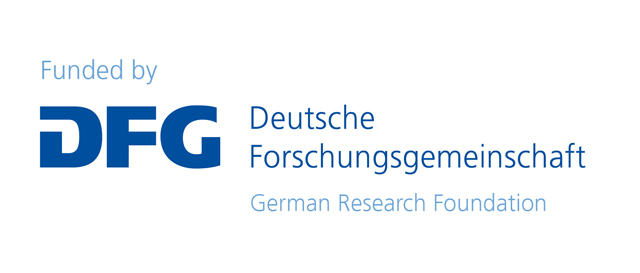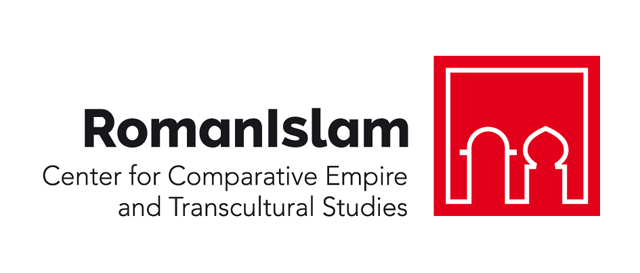Prof. Dr. Peter Fibiger Bang
April 2020 - August 2020

Research Project: Romanization and Islamication – Cultural Integration and Polyethnic Empire in World Historical Perspective
Romanization and its younger cousin, Islamication, both belong among the conceptual fixtures in the study of the Roman Empire and the Muslim Caliphate. It is clear that, in both cases, these processes of imperial acculturation took place on the creative initiative of local elites and subject populations. Yet there has been surprisingly few attempts to compare these processes across the two cultures, to nuance our understanding and allow the two historical experiences to inform our models of the other. The processes of imperial acculturation, it is the contention of this project, should not solely be studied as isolated phenomena, but seen as a general dimension of the formation of pre-colonial empire. Lately, for instance, the centrality of Persianization has been high-lighted (by Strootman and Versluys 2017). This project seeks to range both the Roman Empire and the Islamic Empire within a wider category of vast Eurasian empires. Rulers and imperial courts combined a conspicuous profession of universalist claims with a heavy reliance on local, often urban, elites and government. Forms of imperial culture spread and took shape in a creative dialogue between these poles, but not always in the same manner.
Profile
Prof. Dr. Peter Fibiger Bang is Associate Professor the SAXO-Institute (History) at the University of Copenhagen. His research is situated at the interface of Roman history, comparative sociology, and world history. Over the last two decades he has been a leading force behind the rise of comparative studies in Roman history. His work has developed from a focus on the economy to include questions of state-formation, imperial universalism, the character of power and the shape of world history. He has been a regular contributor to the recent Stanford project resulting in two volumes comparing the Roman and Han Chinese empires. Parallel to these efforts, Bang organized an international network exploring comparisons between Rome and the Mughal, Ottoman and other tributary empires.
CV
Selected Publications
Fibiger Bang, Peter (2018), ”Empire, Civilization, and Trade. The Roman Experience in World History”, in: K. Kristiansen, T. Lindkvist, J. Myrdal, eds., Trade and Civilisation. Economic Networks and Cultural Ties, from Prehistory to the Early Modern Era, Cambridge University Press, 494-514.
Fibiger Bang, Peter/ et al. (2017), Imperier fra Oldtid til Nutid, Columbus.
Fibiger Bang, Peter (2015a), “Tributary Empires and the New Fiscal Sociology: Some Comparative Reflections,” in: A. Monson & W. Scheidel, eds., Fiscal Regimes and the Political Economy of Premodern States, Cambridge University Press, 537-556.
Fibiger Bang, Peter (2015b), “Platonism: Ernest Gellner, Greco-Roman Society and the Comparative Study of the Premodern World,” Thesis Eleven, Vol. 128:1, 56-71.
Fibiger Bang, Peter/ Turner, Karen (2015c), “Kingship and Elite Formation,” in: Walter Scheidel, ed., State Power in Ancient China and Rome, New York: Oxford University Press, 11-38.
Fibiger Bang, Peter (2014), Irregulare aliquod corpus? Comparison, World History and the Historical Sociology of the Roman Empire. A Collection of Studies with a Theoretical and Methodological Introduction and Summary, København.
Fibiger Bang, Peter/ Scheidel, Walter, eds. (2013), The Oxford Handbook of the State in the Ancient Near East and Mediterranean, Oxford University Press.
Fibiger Bang, Peter/ Kolodziejczyk, Dariusz, eds., (2012), Universal Empire. A Comparative Approach to Imperial Culture and Representation in Eurasian History, Cambridge University Press.
Fibiger Bang, Peter/Bayly, C. A., eds. (2011), Tributary Empires in Global History, Palgrave-MacMillan.
Fibiger Bang, Peter (2008), The Roman Bazaar. A Comparative Study of Trade and Markets in a Tributary Empire, Cambridge University Press.


